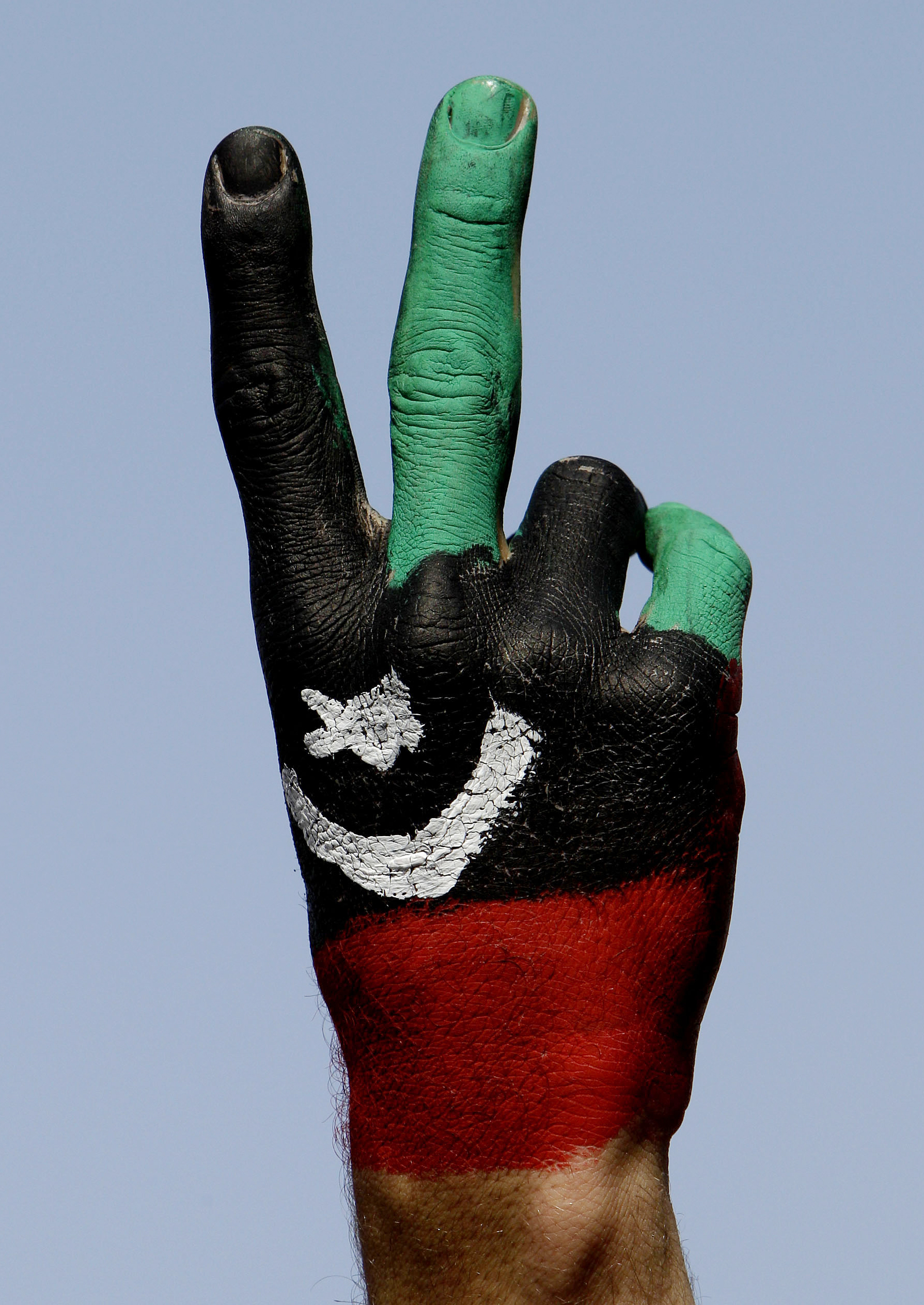Once Upon a Time in Westphalia
Mini Teaser: It took Tony Blair one speech in 1999 to trap the Western world in an unending series of interventionist wars. We may care about the people of Tibet, Baghdad and Libya, but are we the knight-errant of the human race?
Many liberals and conservatives alike, haunted by the ghost of “Munich” and appeasement, and dismayed by the savagery of the violence which accompanied the disintegration of Yugoslavia, as well as by Saddam Hussein’s brutality, accepted this without much reflection. They assumed that Great Britain, or the United States, had a duty or right to interfere with other nations, based on an assumption of superior virtue, of the kind once made by Palmerston, and latterly voiced by Madeleine Albright as secretary of state: “If we have to use force, it is because we are America. We are the indispensable nation. We stand tall, and we see further than other countries into the future.”
But Cobden had answered that long ago. If it were really “the province of Great Britain to administer justice to all the people of the earth . . . then should we be called upon in this case to rescue the weak from the hands of their spoilers. But do we possess these favoured endowments? Are we armed with the powers of Omnipotence”? To intervene by force everywhere from Indochina to Latin America to Libya supposes even now that America is armed with powers of omnipotence, to a degree which not even many Englishmen thought true of their own country.
Nor did Sydney Smith think we had these endowments, as he implied in those words which seem uncannily apt today. We may well be sorry for the Greeks or deplore the fact that Baghdad was oppressed and that Tibet is still not comfortable. Or as Bright might now say, we have sympathy for the people of Bosnia, of Afghanistan, of wherever may be next in the liberal-interventionist atlas. But do we have a duty to act as the knight-errant of the human race?
ON OCCASION President Obama has been as hackneyed and predictable as Blair. In his Nobel Prize speech he spoke of “the service and sacrifice of our men and women in uniform [which] has promoted peace and prosperity from Germany to Korea, and enabled democracy to take hold in places like the Balkans. We have borne this burden not because we seek to impose our will,” words which remind David Bromwich in the New York Review of Books of William Gladstone:
The high office of bringing Europe into concert, and keeping Europe in concert, is an office specially pointed out for your country to perform. . . . That happy condition, so long as we are believed to be disinterested in Europe, secures for us the noblest part that any Power was ever called upon to play.
But at least Gladstone knew and admired Bright, and made him a cabinet minister, before Bright resigned in 1882 to protest the deplorable bombardment of Alexandria. In any case, Gladstone was a bundle of contradictions. He had earlier asked, “Are we, or are we not, to go abroad and make occasions for the propagation even of the political opinions which we consider to be sound? I say we are not.”
Likewise, Obama also contradicts himself. In wiser recent moments he has said rightly that America cannot solve every problem in the world, and that it might be time to start nation building at home. Or as he might have said, “how much unnecessary solicitude and alarm America devotes to the affairs of foreign countries; with how little knowledge we enter upon the task of regulating the concerns of other people; and how much better we might employ our energies in improving matters at home,” not to say that the United States would serve the world better through the maintenance of peace, the spread of commerce and the diffusion of education.
What the interventionists seem not to notice is that Cobden’s words do in fact explain how Soviet Russia imploded twenty years ago without a shot fired, and then this year how the Arab Spring has blossomed. This last will surely have more unforeseen consequences, but for ill or for good, the uprisings in Egypt and Tunisia were spontaneous popular protests without any armed help from outside—whereas our latest spasm of liberal interventionism in Libya has not been a success.
One day we might even hear a president, or prime minister, quoting Cobden’s prescription: “as little intercourse as possible betwixt the Governments, as much connection as possible between the nations of the world”—or even “No foreign politics”!
Image © AP Photo/Hussein Malla
Image: Pullquote: Over and again the same thing has happened: an honorable objection to war is ignored, and pacificists then win the day, not through logic but thanks to the way the war is conducted, or misconducted.Essay Types: Essay
Pullquote: Over and again the same thing has happened: an honorable objection to war is ignored, and pacificists then win the day, not through logic but thanks to the way the war is conducted, or misconducted.Essay Types: Essay 